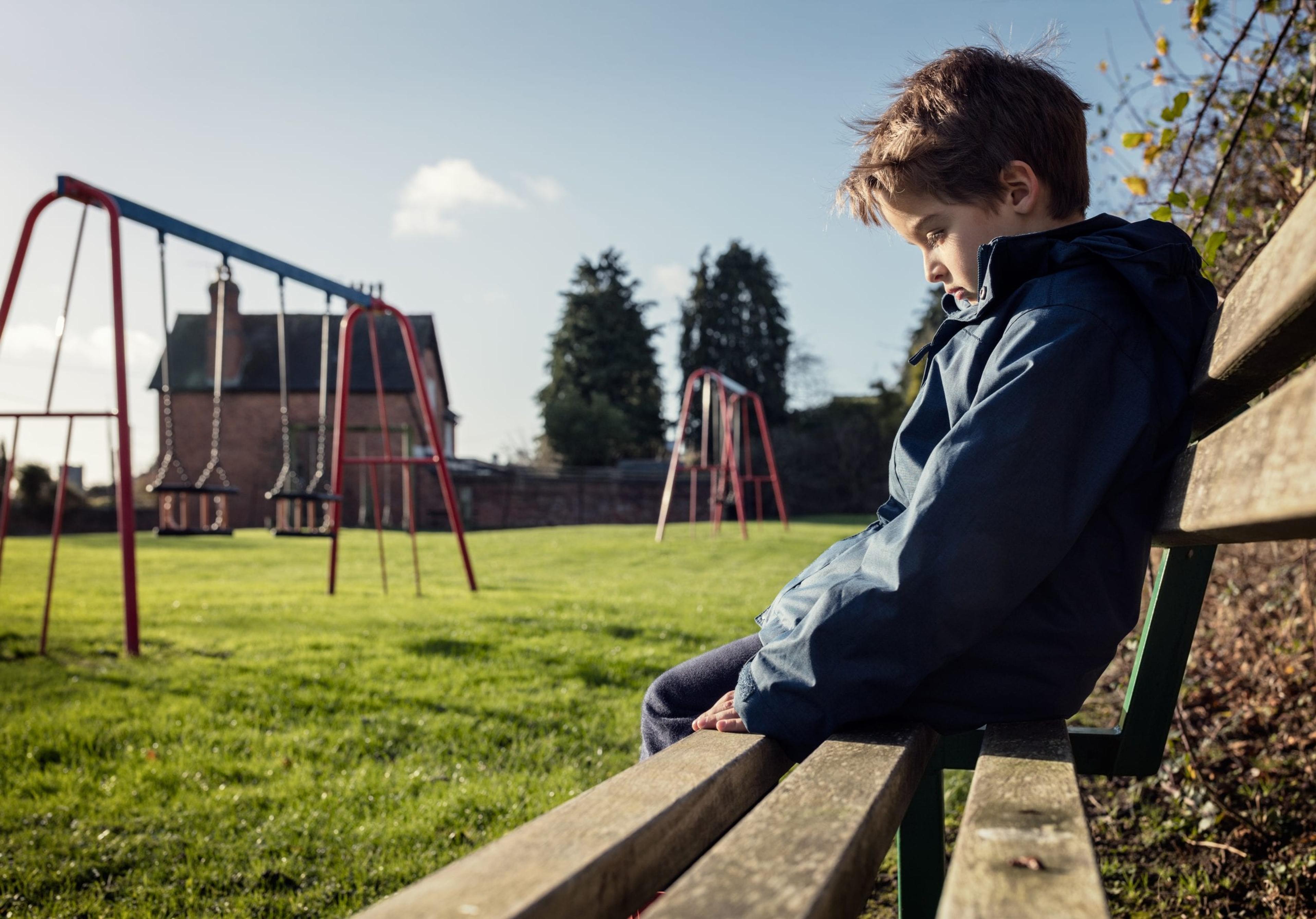Seven Signs Your Child Might be the Victim of Bullying
| 4 min read

School is back in session, which also presents more opportunities for kids to be bullied. Look closely and you may find out that your child is a victim of displaced aggression, ashamed and defenseless. If bullying becomes serious enough, it can permanently damage your child’s self-esteem, lead to mental health issues and affect how they treat others.
Bullying can happen to any child, anywhere – primarily at school and online – and occurs in three major ways:
- Physically –This type of bullying involves different types of violence by the intimidator, including destroying property, hitting, punching, pushing, slapping, spitting and stealing. Bullies target the same child repeatedly to establish control over them and are generally larger and stronger than their victim, physically terrorizing and abusing them. Often, this kind of bullying leads to emotional issues later in life.
- Verbally – Verbal bullying is the most common form of bullying. Almost 80% of kids are verbally harassed, whether it is by their peers or their parents. Verbal putdowns stem from a bully’s insecurity and sense of inferiority, so this type of bullying is easier to combat than you think.
- Cyberbullying – Cyberbullying is verbal or social aggression carried out via technology and is prevalent in the Internet age. Signs of online bullying often go unnoticed, a main reason cyber bullying continues to trouble children of all ages and ethnicities.
Be aware of the following signs commonly displayed by bullied children:
- A sudden decline in grades, loss of interest in schoolwork, reluctance to go to school
- Changes in eating habits, tendency to the two extremes: binge eating and starvation
- Depression, feelings of helplessness, no passion for hobbies, low self-esteem
- Difficulty sleeping or recurrent nightmares
- Headaches, stomachaches, faking illnesses to avoid school
- Lost or destroyed personal belongings like books or electronics
- Mysterious physical injuries, mostly bruises
If your child displays one or more of these behaviors, you have reason to believe that he or she is being picked on. The next steps you take are critical to saving your child undue harm going forward. One recommendation is to have a lengthy conversation with your child and ask if they want to share feelings. Additionally, meet with your child’s teacher to gauge his or her behavior since the beginning of the school year. This will let you understand how your child interacts with children.
When a child’s physical and mental well-being are at stake, a parent’s job is to become their confidant, someone he or she can trust not to judge any embarrassing situation – whether or not your kid is being bullied. Not only should you comfort them with your presence, you should also be proactive and take preventive measures to prepare your children by reinforcing anti-bullying attitudes and behaviors. Helpful tips include maintaining an accepting household, preaching respect, strongly discouraging name-calling and teaching compassion. Understanding how other people feel as a consequence of your actions sets a great example for kids and can help them handle bullying on their own. It also decreases the likelihood of a child bullying others.
What you need to know about bullying:
- Bullying affects mental health. Children that are bullied are at an increased risk for headaches, mental health problems and problems adjusting to school; and can have long-term damage to their self-esteem. If a child is the victim of cyberbullying, they are at an increased risk of depression. Additionally, children who are bullies are at an increased risk for violence, substance use and academic problems later in life. So addressing bullying as soon as possible can prevent various issues down the road.
- Kids become targets based on their weight. A 2010 study published in Pediatrics found that children grades three through six who are obese are more likely to be bullied than their normal-weight peers, even if they have quality social skills.
- We underestimate how prevalent bullying truly is. Over 3.2 million students are victims of bullying each year, while almost 160,000 teens skip school every day because of it. Overall, bullying is avoidable, but only if we stop denying it could happen to our own children. Actively looking for signs of bullying and instilling quality habits and values will proactively reduce bullying and help your child’s self-esteem.
Tips on what to do if your child is being bullied:
- Encourage your child to share his or her concerns and let them know it’s okay to ask for help.
- Help your child improve his or her self-esteem by developing their talents in music, sports or art.
- Contact the school’s principal for a face to face meeting because the bullying may not stop without your intervention.
- Talk to your child about technology and the threats of social networks to his or her mental health and happiness.
Photo credit: BrianAJackson





